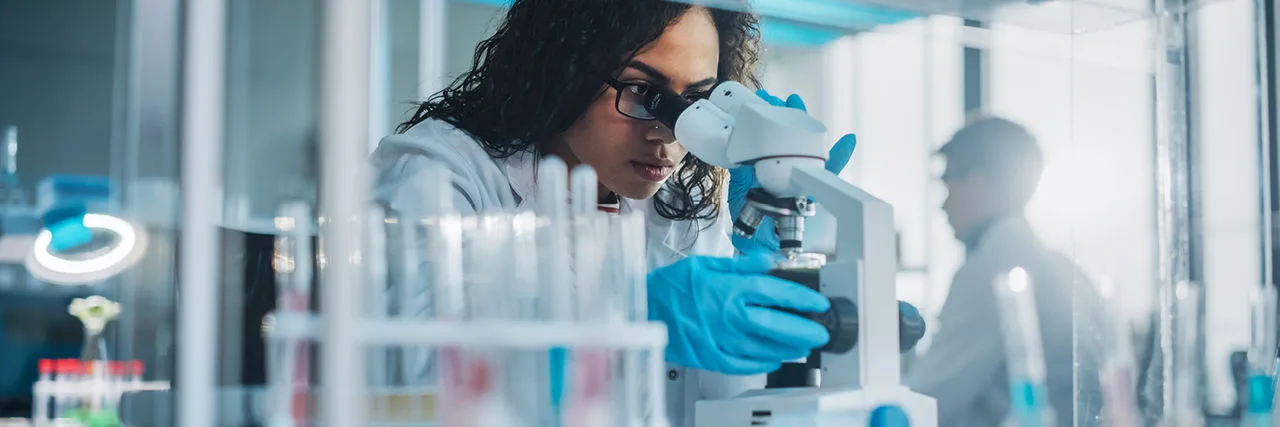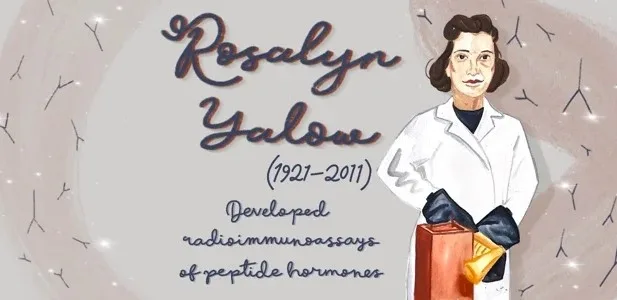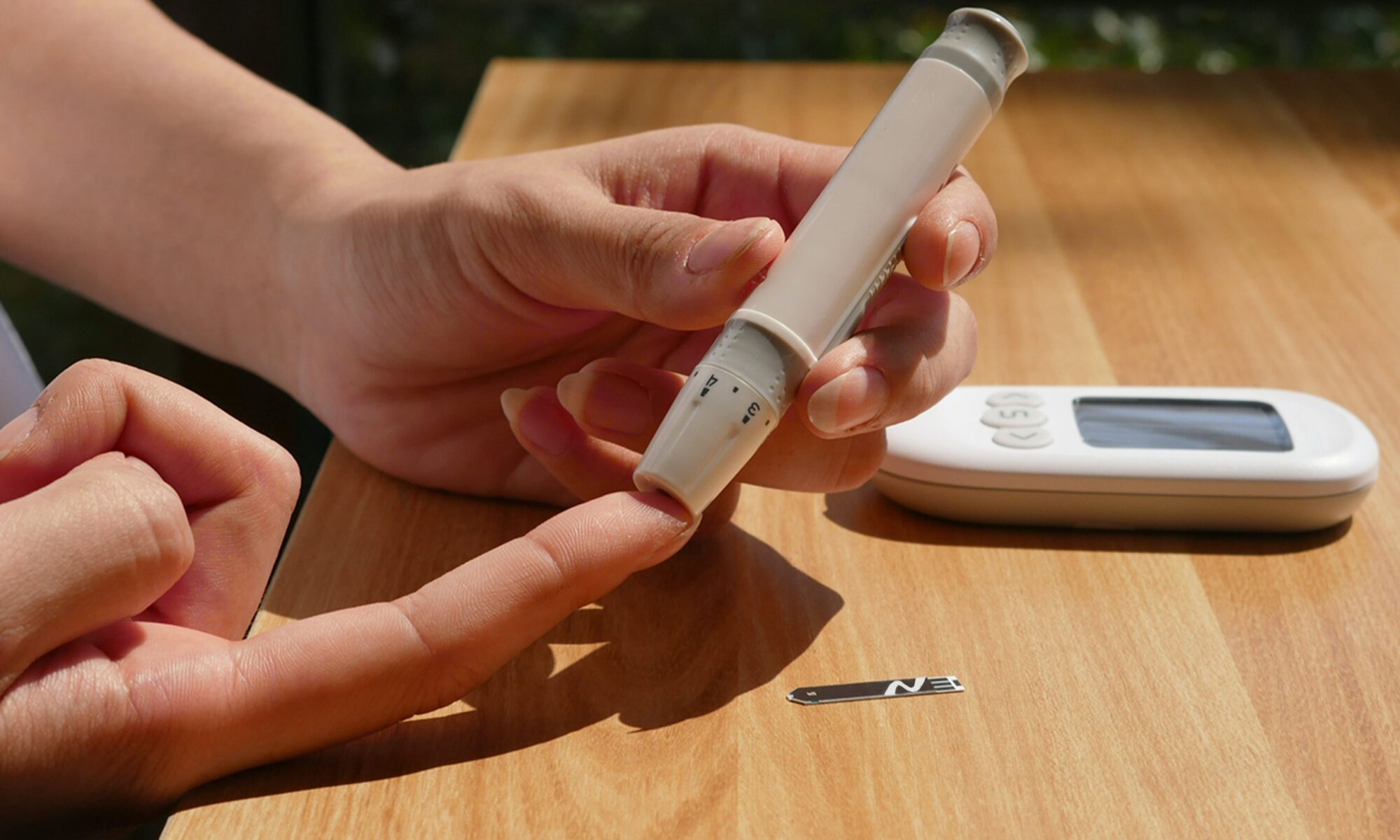Most people know me as a pediatric endocrinologist in San Diego, California. What most people do not know about me is that I was drafted into the US Army in my mid-20’s, soon after immigrating from Colombia to the US for postgraduate medical training. I was an ideal candidate to be drafted because I was young, single and a newly minted MD. I was sent to Vietnam to serve as a flight surgeon for an Army helicopter battalion.
Being the only MD for an Army flight battalion stationed in the heart of Mekong Delta put me in very close contact with all the pilots. My medical crew took care of those wounded during battle, mainly stabilizing vital signs before evacuating them to facilities for more definitive treatment. Part of my responsibilities included listening to the pilots’ private concerns because in their eyes, short of a minister, I had the capacity to understand and provide support. The rest of my time was spent caring for the many Vietnamese civilians hurt during combat operations.
I will never forget the soldiers suffering during the war or the wounded Vietnamese civilians of all ages. During the 40-plus years of medical practice after my war experiences, in a life dedicated to caring for children and their families, I have often relived an episode that touched me deeply. Civilians do not encounter the atrocities of war, but the pain of a family with an ill child confronting a difficult prognosis is akin to a missile sent from an unknown source.
In my clinical practice, I would ask each child I cared for, “If you could have one thing in the world, what would it be?” Their response was always the same, “I want a cure!” After years of receiving the same answer, I knew I had to do something different, so I went into research to try to find a cure. Witnessing the suffering of so many has profoundly impacted me which is why I cannot sit back and idly wait for a cure for Type 1 Diabetes (T1D).
As a T1D researcher, I was the first to show that it was possible to culture human fetal and adult islets. While we were able to replicate beta cells in vitro, we realized that they began to change into cells that could not produce insulin. However, when we re-aggregated them, they were able to make insulin again. By this time, human stem cells were developed and promptly directed to cells able to produce insulin. Important was to re-aggregate the cells, which is what my lab found. This discovery led to its use in protocols to facilitate the potential transplantation of insulin-producing cells from stem cells into T1D patients.
I founded the Diabetes Research Connection with David Winkler because we both believe there is more to do and are committed to funding early-career scientists with novel approaches to prevent, cure and better care for those with T1D.




